Applications for Payment
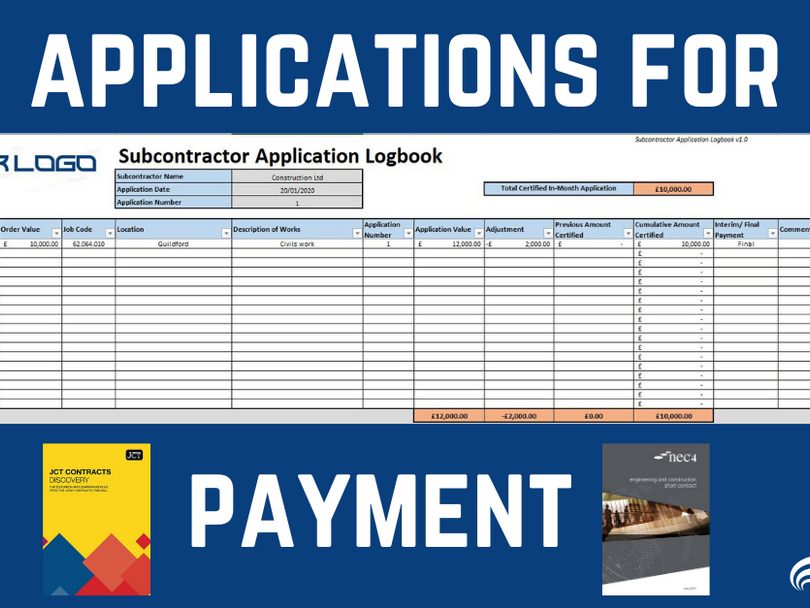
No matter which type of contract that your organisation uses with individual clients, Applications for Payment (AfP) are absolutely necessary for all levels of the supply chain involved in a construction project. Contractors and subcontractors alike, in order to get paid ina timely and fair fashion from their respective clients. Please click here for our selection of NEC tailored excel templates for download. This blog conducts a brief overview at how the process can be managed in an organisation ofany size, so each job is captured, applied for, assessed, and ultimately paid on time. In the UK,it is the law that interim payments are made to all parties within a construction contract that has a duration of more than 45 days. Because of this, most payment schedules will run on a monthly cycle. Generally, the burden of responsibility will be upon the contractor or subcontractor to submit their applications on the outlined date each month for the projects they are working on, along with the necessary back-up stipulated by the particular contract they entered into. Once submitted to their respective clients, the client will have a set amount of time to assess the application made, this is usually around 2 to 3 weeks. After an assessment has been made, an invoice request is generally sent out to the contractor along with any necessary withholding notices. A withholding notice is a document which details the reasons for any underpayment versus the original application value. This can be for a huge number of reasonssuch as: · Lack of or insufficient back-up to substantiate the value of the application. · If the payer has suffered any loss or expense as the result of the payee’s actions. · Damage to materials. · Or something more significant such as failure to complete the agreed works on site. Whatever the reason this scenario occurs, the payee should provide robust and clear explanations behind costs withheld. Ideally, the client would then give the member of the supply-chain the ability to re-apply for these costs the following month if they are able to provide sufficient evidence against the assessment. Once the assessment has been received,an invoice will need to be raised for the agreed amount in order for payment to be made on the date that is set out within the contract.
What Are NEC4 X Clauses?

The NEC Engineering and Construction Contract (ECC) contains an array of core and optional clauses. These clauses are used to
The JCT Design & Build Procurement Route

There are 3 procurement routes that can be taken under the JCT contracts. Traditional, Design & Build & Management. In
Site Records – What are they & why are they so important?
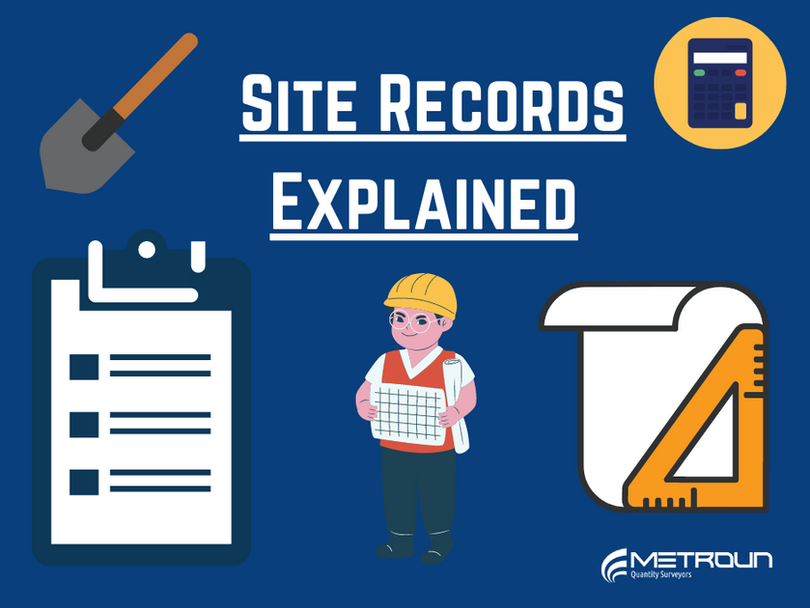
Site Diaries, Daily Record Sheets, Job Packs, Site Field Reports… whatever your company, client or subcontractor calls them, the importance of keeping Site records cannot be underestimated when working on a construction project. Whatever level your company sits at on a given project, be it the Client, Principle Contractor, Tier One, or Tier Two. The purpose of this blog is to take a look at what a site record is and the type
NEC4 Contracts Explained

The New Engineering Contract (NEC). provides suites of standard forms of procurement processes and main contracts in construction. The first
The Perks & Pitfalls of a JCT Traditional Procurement Route
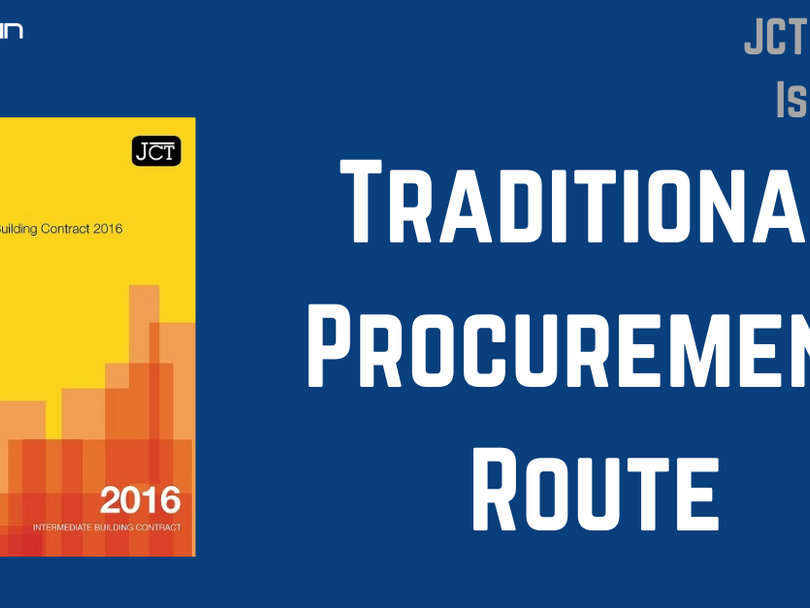
There are 3 procurement routes which can be taken under the JCT Contracts; Traditional, design and build and management. In
Bill of Quantities – Explained
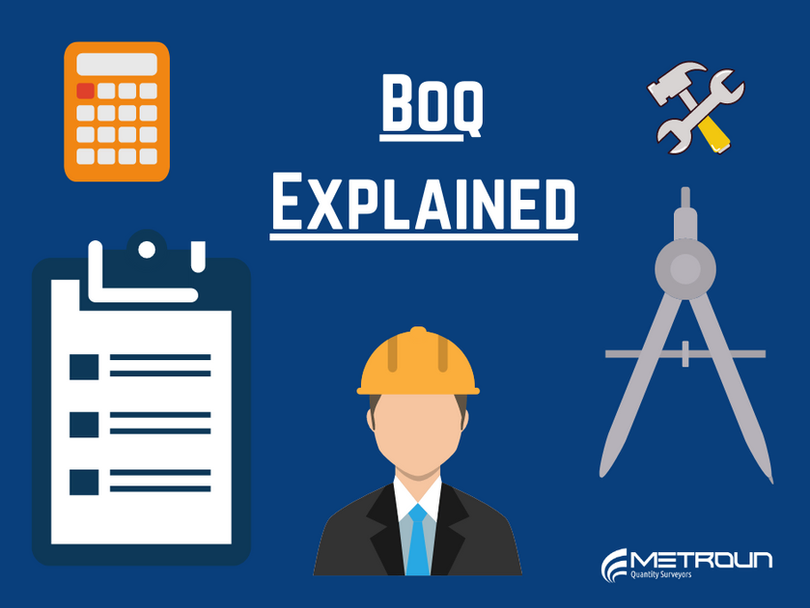
Appointing a Quantity Surveyor to produce a Bill of Quantities (BoQ) has the potential to save a great deal of money on the contract price for many reasons, both before and during the contractual agreement and also post construction at final account stage. At Tender Stage With a BoQ the contractors will base their price on an identical list of items that are necessary to complete the works. As the Quantity Surveyor (QS) would produce the BoQ alongside design development, you can guarantee that the contractors would be including all the vital elements for your project, not giving them the opportunity to ‘omit’ or ‘miss’ anything required.A BoQ would enable them to price the right materials and crucially the correct quantities that are needed. This allows for a direct comparison to be made between contractors therefore facilitating a systematic check in how a contractor has built-up their price. In turn it would enable the QS to flag-up any items on the bill that seem too cheap or expensive, or where thecontractor frontloads their costs for example, and give a professional judgement on whether the overall price seems fair or alternatively over/under-priced. As certain elements can be compared it will help with negotiation and magnify certain areas where the price could potentially be lowered. Using a BoQ ultimately creates increased transparency to the tender process, therefore beinga major factor in obtaining more accurate costs from a contractor. Although it can be a lengthyprocess to get the BoQ into place and comes with certain cost implications, the benefits previously mentioned and others that will be drawn upon in the coming sections of this blog immensely out-way any negatives. During Construction Construction works inevitably change overtime when a project is on the ground and at certainstages. When a BoQ has been used to price the works, any variations that do occur during construction can be easily costed and added to the contractor’s price. It eradicates the possibility of a client, being exploited by the contractor, and charged too much for extra worksas the elements already have a price attributed to them. The extra quantity required can simply be multiplied by the original tender price for that element. This can also be beneficial in the opposite scenario. It’s possible that during construction it willbecome apparent that a certain element of works may not necessarily be needed, or the quantity priced could be reduced due to better ground conditions than expected for example.If this happened and a BoQ was in place, a simple calculation could be made to reduce the element rate by the quantity that was no longer required. Therefore, resulting in money being saved. It would also act as a sound platform from which regular payments could be valued. Indeed, contract sum analysis would also pave a way to assess tenders and value payments at regularintervals throughout construction however, the level of detail will not be on the same level as it would be with a BoQ in place. Post Construction Davis, Love and Baccarini (2009) list several advantages a BoQ will provide. One of which is the readily available information for asset management purposes once the building has been built. Consequently, life cycle estimates and maintenance costs can be accurately measured using the BoQ, providing a use of the BoQ post construction as well as at tendering stage. A further advantage (also backed up by Davis et al. 2009) would be during final account stage, as final payment could be evaluated upon the BoQ offering a straightforward, reliable, and fair means of valuing the contractors work. An effective and usable BoQ requires an extremely large amount of detail and so in its very nature can present itself to inevitable human error. However, this should not be a reason against using a BoQ for your project. It has been documented that BoQ errors do not play a major role in causes for variations. The advantages a BoQ will bring from start to finish and even during the life cycle of your project will be an invaluable addition any client and the construction of a proposed project. References Peter R. Davis, Peter E.D. Love, David Baccarini, (2009) Bills of Quantities: nemesis or nirvana?, Structural Survey, Vol. 27 Issue: 2, pp.99-108
NEC3 & 4 Disallowed Cost Explained

f you’re working under NEC Option C, D, E or F then you need to know about “disallowed cost”. Unlike “defined cost”,
JCT Contracts Explained
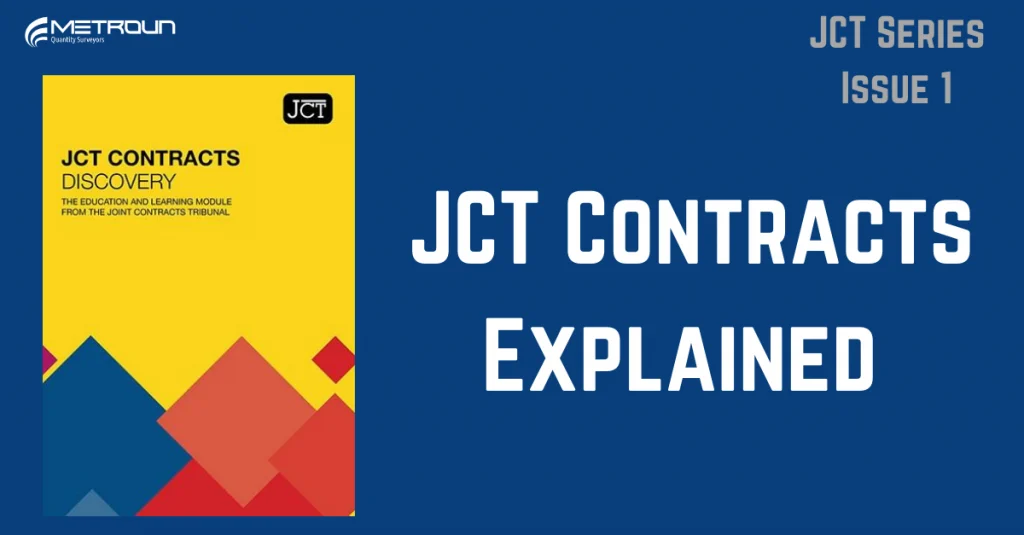
The joint contracts tribunal provides suites of standard forms of procurement processes and main contracts in construction. The first JCT
Earned Value Management – How Could It Help Your Project?
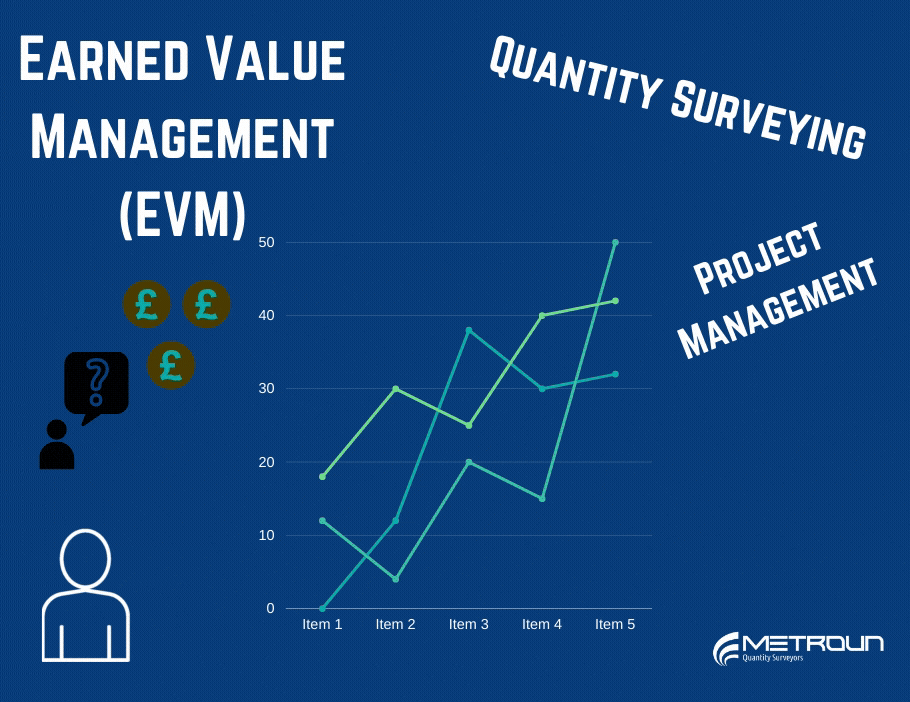
Earned Value Management is a performance metric which can be used in order to manage a project, by answering the


